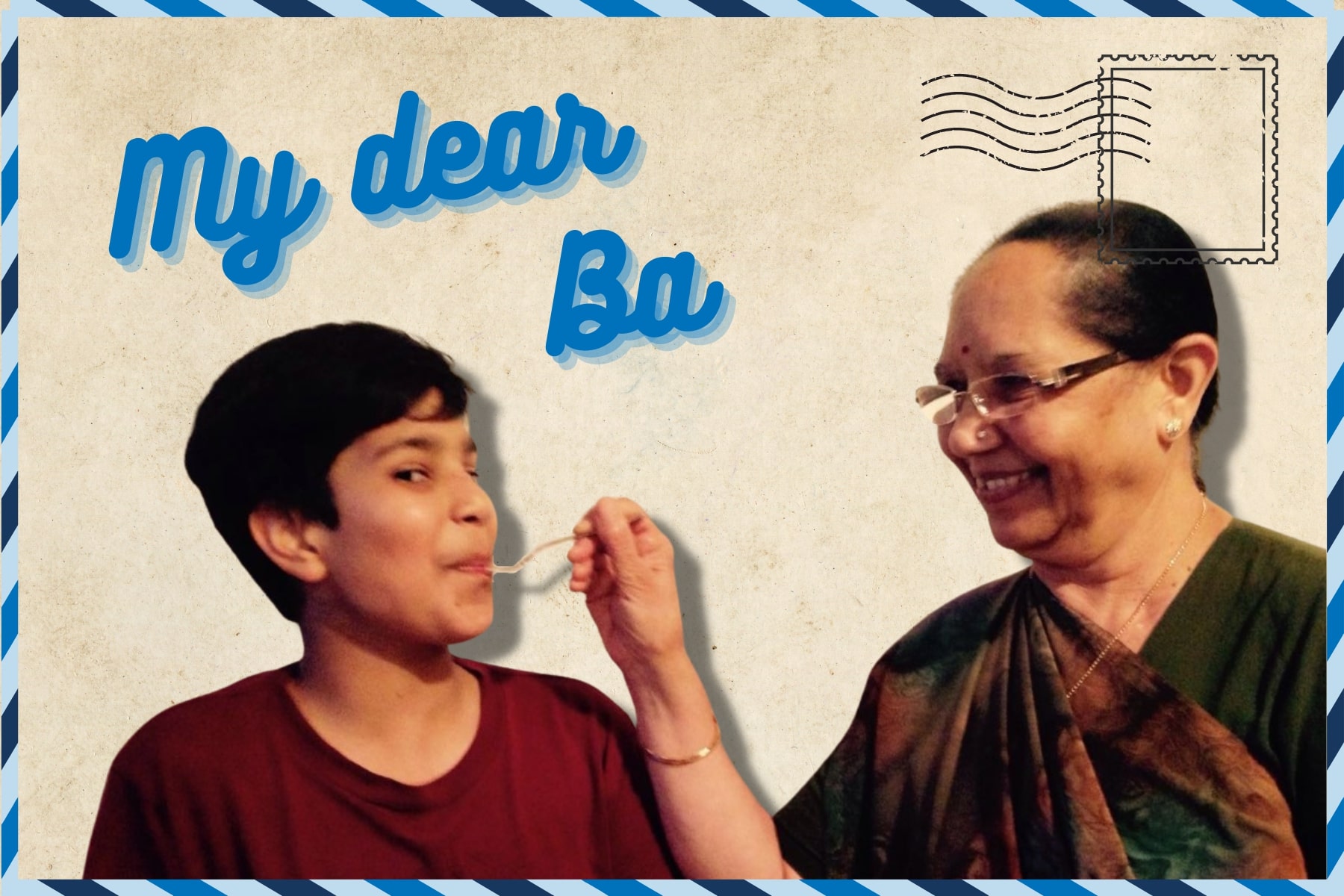A big welcome for Asian refugees from a small village in Bohemia
A big welcome for Asian refugees from a small village in Bohemia

OSECEK, Czech Republic, June 25 (UNHCR) - Dal eyed the cherry tree in the garden of his new home in rural Central Europe. "With eight of us, these will be gone in a few days," the youngster told UNHCR visitors through an interpreter. In his native Myanmar, cherries don't grow on trees.
A lot of things are different in this village in the Czech Republic from Myanmar and tropical Malaysia, where eight-year-old Dal and his ethnic Chin family lived in exile for six years. But the rain was familiar, reminding them of the more humid monsoon that hits South-East Asia every year.
They moved into their new home last week, some eight months after arriving in Prague late October as part of a group of 23 people from Myanmar - the first refugees ever resettled in the Czech Republic. A second group of 23 arrived in February.
The first families have spent the time since their arrival at the Straž refugee centre north of the capital, going through intensive language training and orientation courses to learn about their new homeland.
The government's State Integration Programme, meanwhile, found permanent accommodation in the country's Bohemia and Moravia regions for all five of the resettled families. Dal and his family, led by former farmer Biak, moved into their home last Friday.
A warm welcome awaited them on arrival at their new municipal apartment in Osecek, including government officials, the village mayor and a priest - 80-90 percent of Chins are Christans. A kindly neighbour dropped by to say hello and to deliver some hot chicken soup that she had just prepared.
"The furniture and basic equipment was provided by NGOs with support from the European Refugee Fund, but many other things were given by locals," said Petr Novak from the Interior Ministry's department of asylum and migration Politics of the Interior Ministry, pointing at toys and four bicycles.
Novak said there were only a limited number of flats available, and a large number of applicants. When placing the refugees, they had to consider many factors. "Every refugee dreams of living in Prague, but such wishes are simply impossible to meet," he said, adding: "We try to find housing according to the individual needs of each refugee and their families, with special focus on employment opportunities."
Biak is lucky because he will be able to use his farming skills to provide for his family, while the four youngest children will get a good start by studying at local schools. Before his departure from Kuala Lumpur last year, the family patriarch had said he and his wife would "take any job we can: cooking, serving in a restaurant or working on farms."
They don't need to worry about employment, explained Roman Varga from the Organization for Aid to Refugees, which will help the family during the first six months in their new home.
"A nearby agriculture corporation offered jobs for the parents and the oldest son," he said. "The very first thing we need to do is to take the parents around and to introduce them to the authorities in Podebrady, the nearest district town, and have their new residence properly registered," he added.
That will be done this week, but on their first day in the village the family were happy just to explore and meet their neighbours. It's a long way from Myanmar and from Malaysia, where many refugees have limited legal access to labour and schooling.
Biak clearly believes education for his children is the most important thing. "We did not leave for the Czech Republic to get a better life for ourselves, but for our children."
The summer holiday starts very soon, but the youngest four children will visit the local primary school today to enrol for September and meet their future teachers and classmates. The children picked up the language quickly during their courses in Straž, but the adults may need more classes.
UNHCR has welcomed the assistance provided by the Czech authorities. "Seeing the families moving to a private environment is a relieving experience," said Marcela Skalkova, who heads the refugee agency's Prague office. "At the same time, we all need to understand that this is just the beginning."
Becoming a resettlement country is yet another milestone for the Czech Republic, which emerged from decades of isolation under Soviet domination as part of Czechoslovakia less than 20 years ago. Born as a new nation in 1993, the Czech Republic joined the European Union in 2004.
The Czech pilot programme is aimed at assistance to vulnerable refugees; top consideration was given to survivors of trauma and refugees with serious medical problems or protection needs. Some of the refugees had spent nearly 10 years in exile in Malaysia, and resettlement was seen as the only solution for them.
By Marta Miklusakova in Prague, Czech Republic








